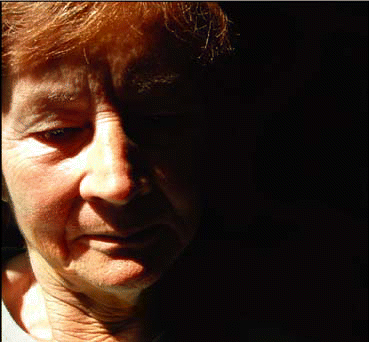Elderly patients have multiple reasons for losing their balance. Muscles are weaker, spines start to twist, bones may become brittle. Add vascular problems, vision loss, polypharmacy, and a sedentary lifestyle, and it’s no wonder that complaints of vertigo or dizziness affect some 70% of individuals age 65 or older.
Explore This Issue
October 2006Treating balance ailments can be challenging in patients of any age, but several factors make diagnosing and treating inner ear disorders in older patients particularly complicated.
When you talk about vertigo, you tend to think of an inner ear disturbance. But, it can be many things in the elderly, from loss of function from a viral infection to dislodged crystals in the ear, said Herman Jenkins, MD, Professor and Chair, Department of Otolaryngology, University of Colorado School of Medicine and Health Science Center in Denver.
While dizziness, or disequilibrium, has many causes, the most common are vascular or central nervous system maladies not usually seen in younger patients. It might be an infection. If the patient also has limb weakness or slurred speech, stroke is a real possibility. Or, the problem may be related to medication causing depressed blood pressure to the brain. If a sensation of spinning is involved, it might be benign paroxysmal positional vertigo (BPPV), the most common cause of vertigo in the elderly. How best should an otolaryngologist diagnosis and treat senior balance disorders?
Factors in Diagnosis
I think the main thing is to consider the comorbidities-vision and proprioception issues-when treating these folks, said Greg Ator, MD, Associate Professor, Department of Otolaryngology, Head and Neck Surgery, Kansas University Medical Center, Kansas City, Kan. These factors can adversely impact the response to therapy if not recognized.
Noting that three systems in the body-the visual, vestibular, and proprioceptive-act in concert to maintain stable orientation, Dr. Ator believes that the eyes are the window into the vestibular system and the strongest influence overall on balance.
According to Dr. Jenkins, the general otolaryngologist’s office doesn’t require highly sophisticated test equipment to diagnosis dizziness or vertigo disorders. Rather, they should look at the patient’s eyes for nystagmus, with electronystagnography (ENG) and the Dix-Halpike maneuver the most commonly used procedures.
When otolaryngologists do posturography on elderly patients complaining of balance problems, they can usually discern musculoskeletal issues that might not be associated with a diagnosis of vertigo. And the caloric test, using video systems, may show a slower responsiveness, possibly due to aging issues.


Leave a Reply